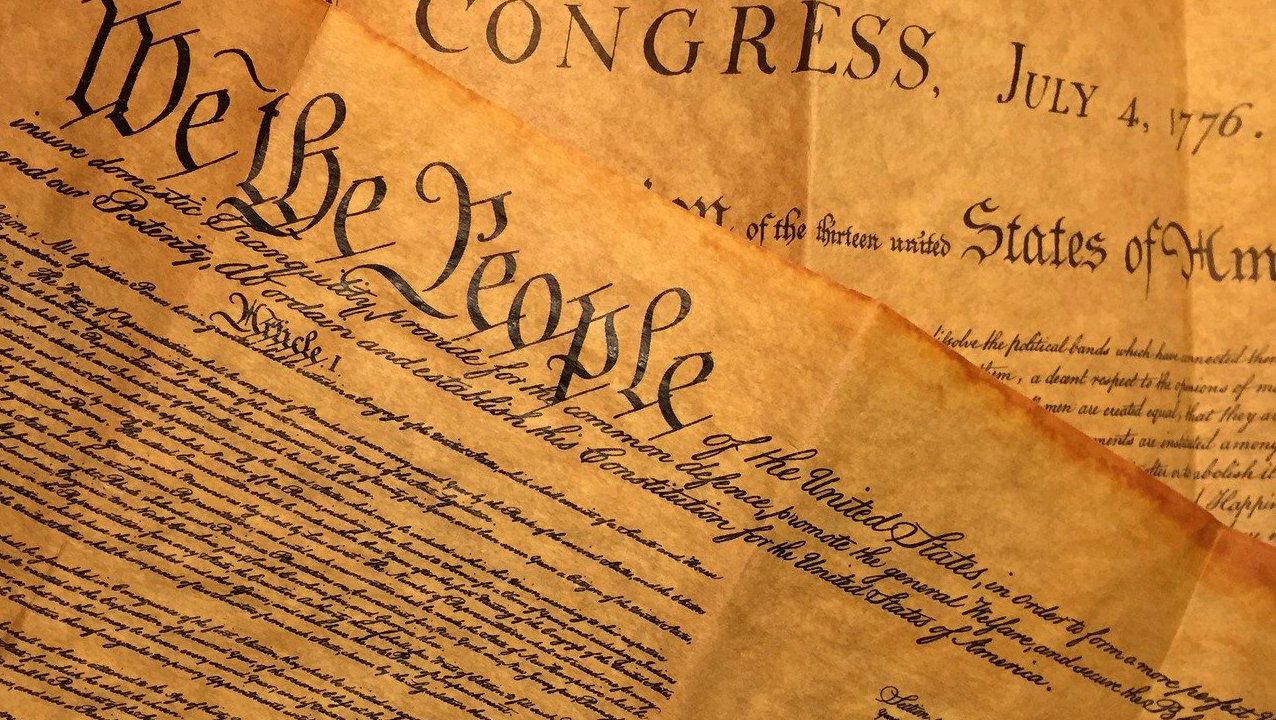One of the biggest misconceptions I hear about the Constitution is that it was written to “protect our liberty.”
It wasn’t. At least not in a direct sense.
The confusion likely arises from the words of the Declaration of Independence.
“We hold these truths to be self-evident, that all men are created equal, that they are endowed by their Creator with certain unalienable Rights, that among these are Life, Liberty and the pursuit of Happiness.–That to secure these rights, Governments are instituted among Men, deriving their just powers from the consent of the governed.”
It’s true that the Constitution was written during a time when protecting unalienable rights was widely viewed as the primary role of government. But the Constitution is not a philosophical document. It is a legal document that formed a political union and created a central government.
That’s all it does. Asking it to “protect your rights” is really asking too much. That wasn’t why it was written or ratified.
Now the Constitution does reflect the philosophy espoused in the Declaration in that it established a general government of limited, enumerated powers. The decentralized nature of the political system it created was intended to encourage liberty.
By strictly limiting the authority of the general government, the founding generation hoped it would never possess enough the power to intrude on our rights.
But there isn’t any provision in the Constitution that actually empowers the federal government to protect our liberty. In fact, the founding generation would have almost certainly considered that too much power for a general government to wield.
In practice, this means the federal government really doesn’t have any responsibility to “protect your rights” beyond staying within its constitutionally delegated powers. Its obligation isn’t to act in order to protect liberty, it is to not act outside of its legitimate authority.
In the same way, the Bill of Rights was never intended to empower the federal government to protect your rights. As the preamble to the Bill of Rights makes clear, it was intended to add “further declaratory and restrictive clauses” to the Constitution “in order to prevent misconstruction or abuse of its powers.” I have often said it would be better named “The Bill of Restrictions.”
A lot of people want the Constitution to deliver something it never promised. They want the government to serve as a liberty enforcement squad. This is a dangerous proposition. In order to protect your liberty, the government must define your liberty. The best thing the government can do is stay out of the way. The Constitution created a limited federal government for that purpose.
But it’s ultimately up to us to hold it within its limits. Unfortunately, by insisting that the government “protect their rights” they are doing the exact opposite.




